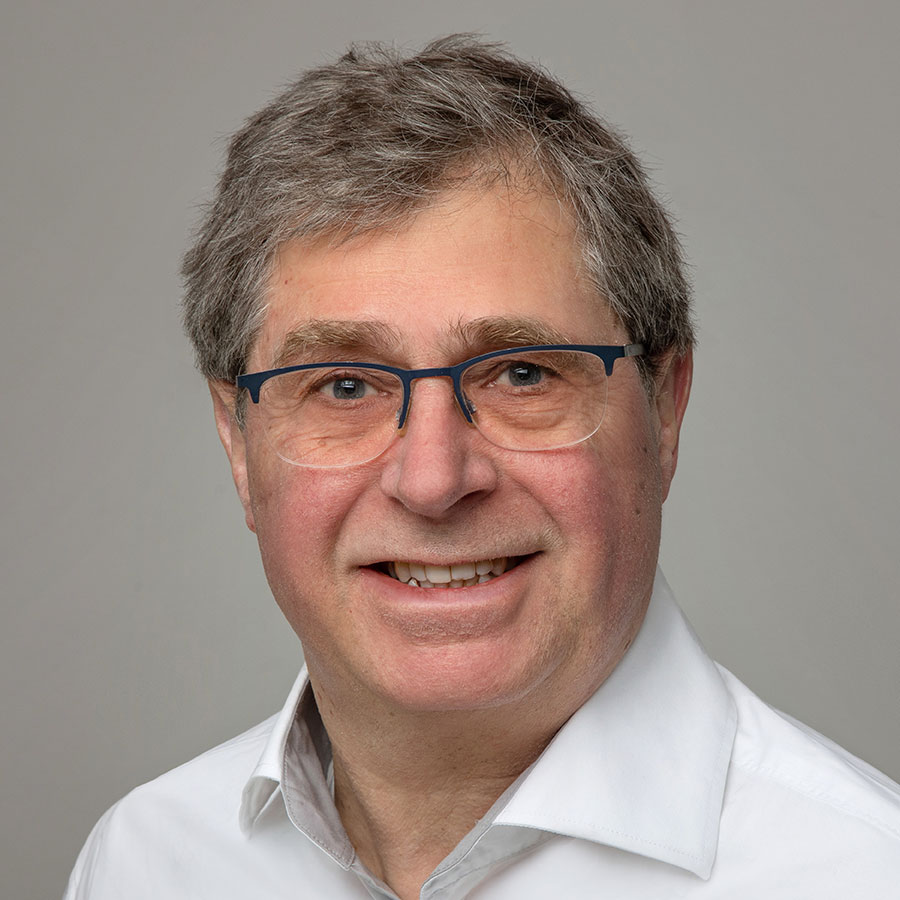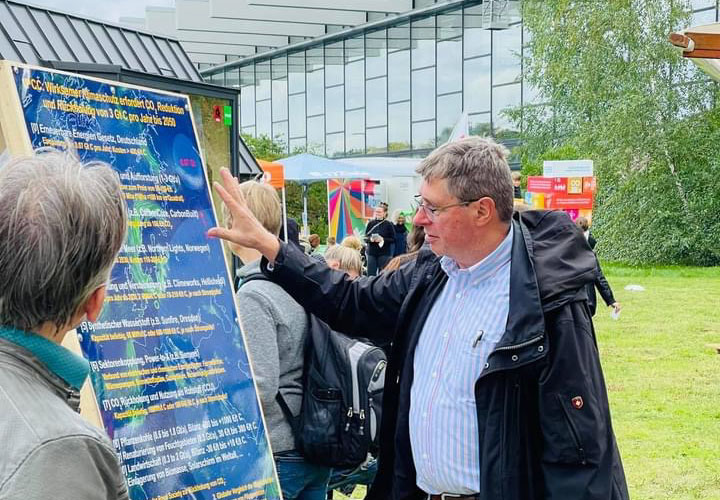
Can human activity really have influenced the global climate, for better or for worse? With some examples from earth history, some knowledge of the global carbon cycle, and some basic physics, you can readily arrive at an informed view on this issue. The presentation is easy to follow, richly illustrated, and has some amusing twists in the plot. Complicated climate models are not required.
For the sceptics.
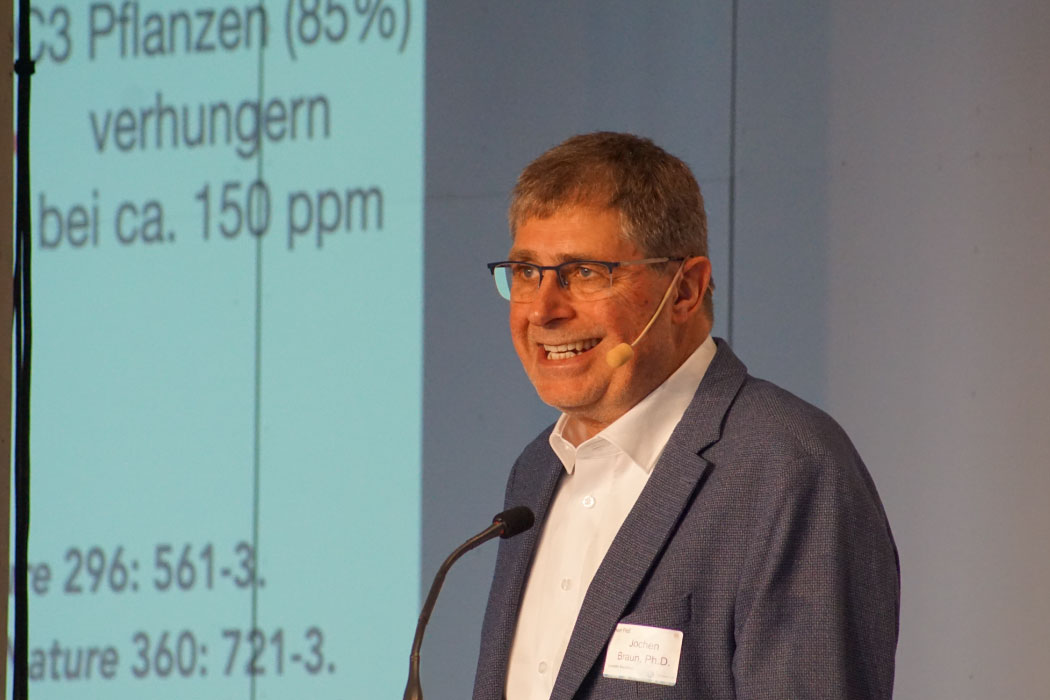
The declared goal of the G7 countries is a global transition to emission-free energy by 2050. Is this really achievable, in the face of a growing global energy demand ? With the help of international studies (OECD, IEA), I compare the technological maturity and economic viability and technological maturity of emission-free energies and weigh the associated risks. The internal struggles for in rich democracies ("grow" or "shrink"?) may add further political risks.
For the fearless.
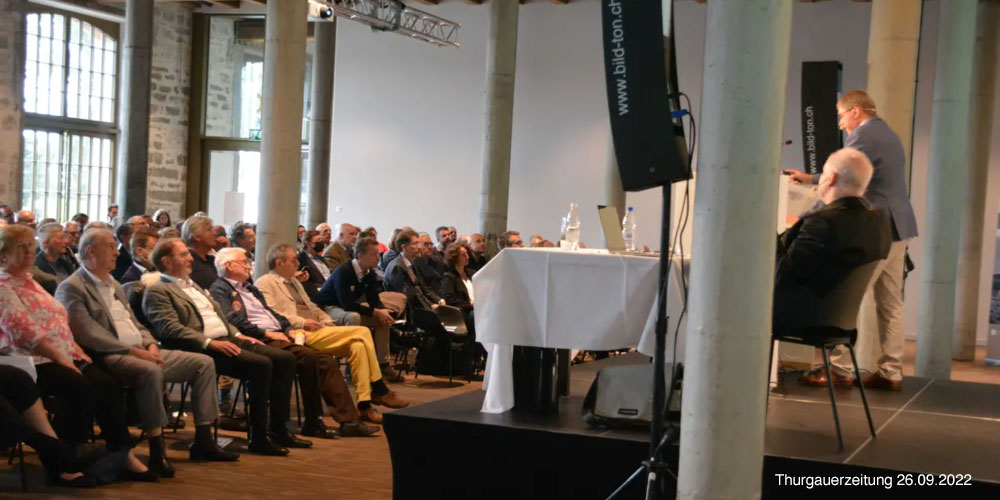
If emission-free energy were cheap and available worldwide, this might herald a new golden age. Will renewable energies really be able to fulfil this promise? New international studies highlight renewable risks in terms of raw materials and the energy grid. Should we perhaps bet on several different horses (multiple energy sources)? Decide for yourself where you personally would see the brutal and the gentle options!
For the decisive.
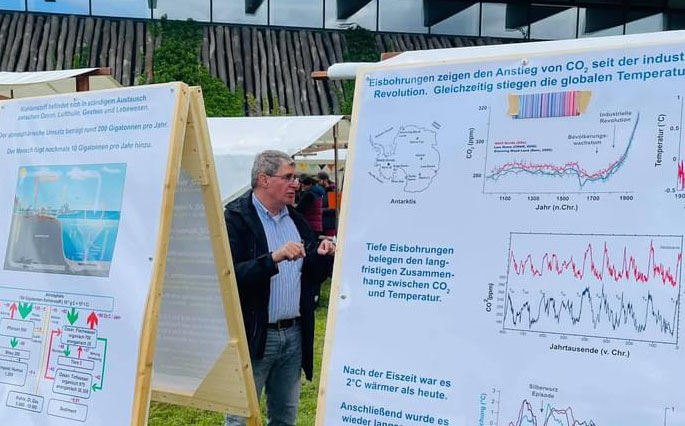
For many people (especially the young), climate change is a source of anxiety and of fear for the future. Here I present the most plausible and transparent arguments for how much warming we can expect, how much time it will take, and what countermeasures can be deployed meanwhile. I compare and quantify the effectiveness of these measures and assess their cost-effectiveness. Once you know about the effective options, you can face the future with some confidence!
For the concerned.
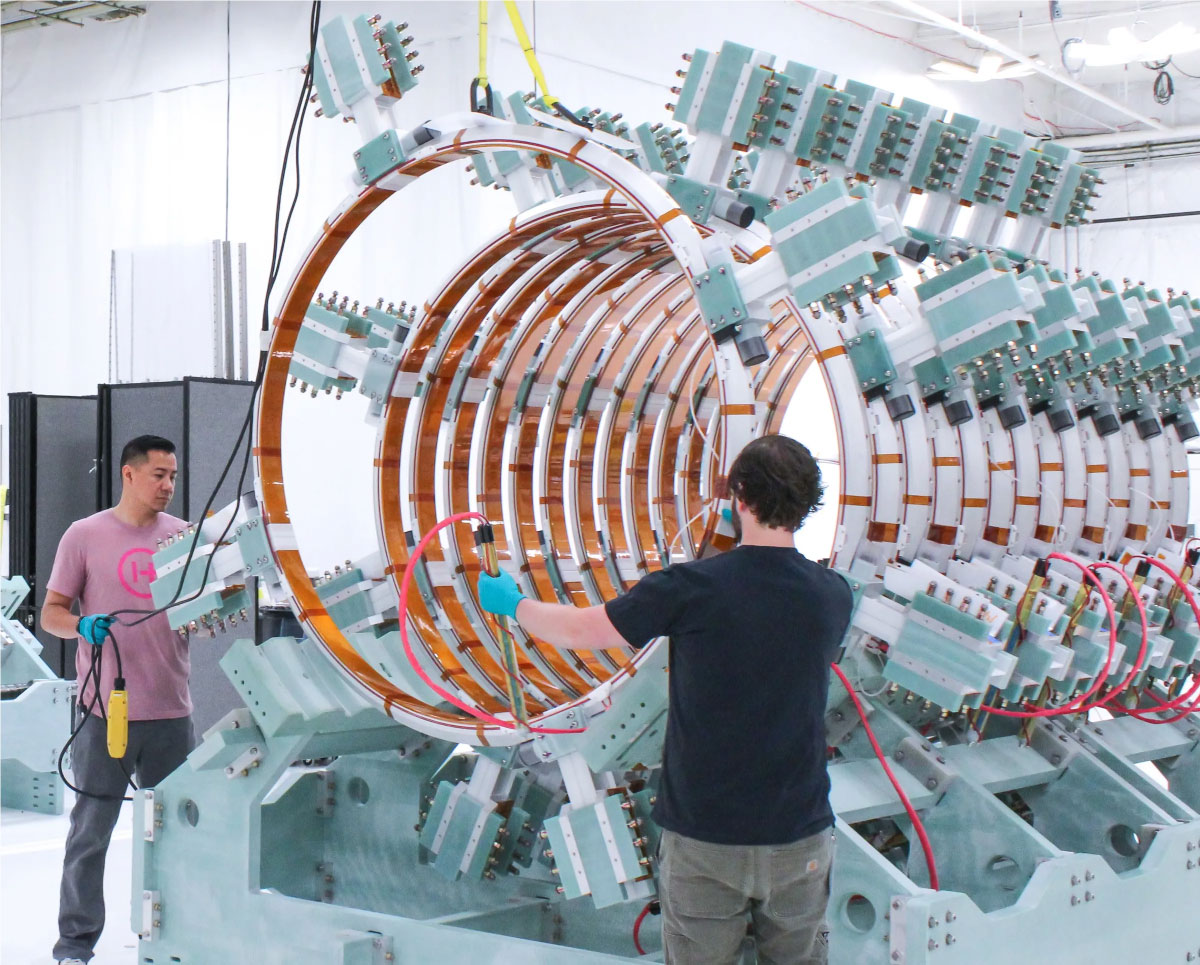
Conventional nuclear power is likely a technological dead end, even if it is far better than its reputation. Can new types of reactors revive some of the hopes that were originally placed in peaceful nuclear power? I examine the potential and the problems of two particularly promising current developments: highly efficient nuclear fission and innovative nuclear fusion. Decide for yourself whether we will decarbonize the global economy with new and exotic kinds of nuclear power!
For friends of technology.
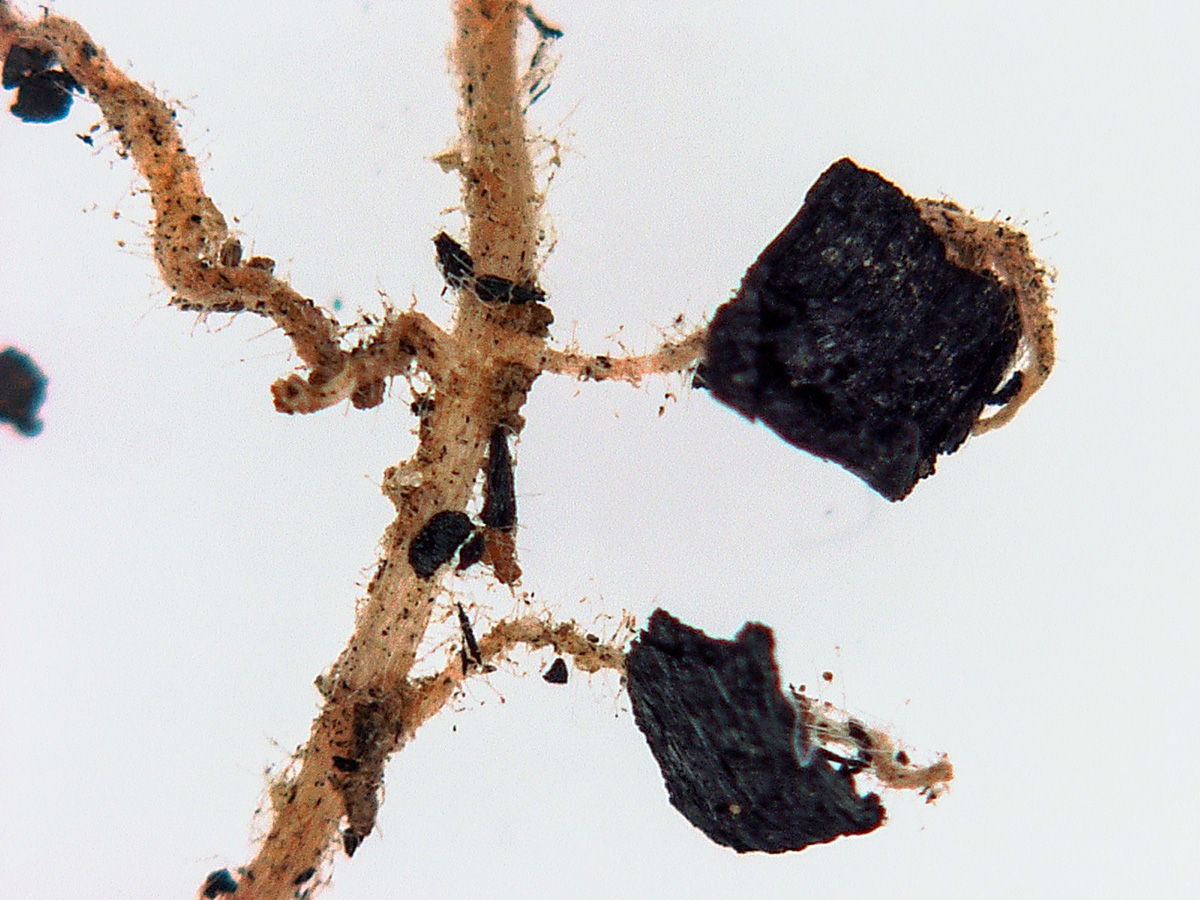
To what extent could "nature-based" measures help to combat climate change? I take stock of the human interventions since prehistory and explain current efforts to use plants as CO2 sinks -- such as large-scale reforestation, global fertilisation with biochar, and genetic optimisation of common cereal varieties. These approaches appear to be economical, available, and verifiable. Perhaps we pay them too little attention?
For friends of nature.
The presentation can last between 30 min and 90 min, depending on the wishes of the organisers. Typically, questions from the audience after the presentation lead to a lively discussion.
The content and the level of the presentation can be adapted to the wishes of the organisers. Presentations can be in German or English.
As my presentations rely on many illustrations, they need a projector with sufficient brightness and resolution. For the sound system a headset microphone is needed. Please also note thetechnical requirements!
I have a doctorate in biophysics and would like to convey the perhaps tiresome but nevertheless unavoidable topic of climate change in an entertaining and factual way, without trivializing or dramatizing it. My central aim is to help listeners form or develop their own independent and well-informed assessment. The topic is too broad and important (both economically and politically) to leave it to specialists, activists and lobbyists, who have (mostly legitimate) interests of their own.
